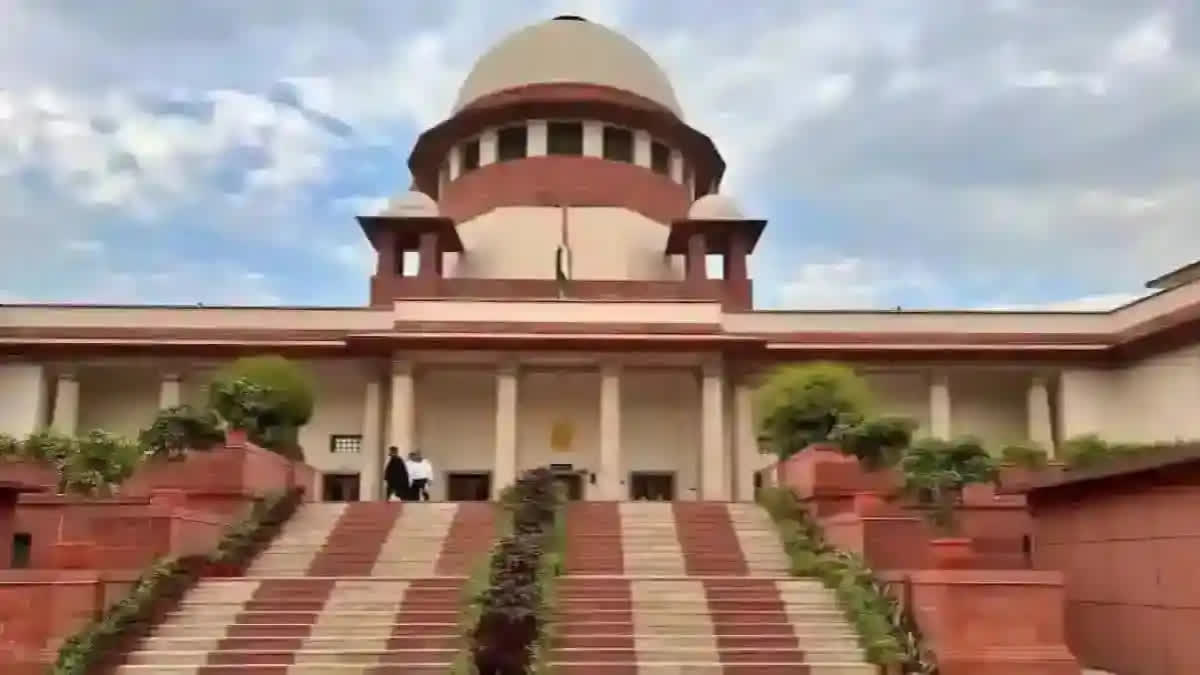New Delhi: The Supreme Court on Friday issued notice to Centre, all state governments on a plea seeking a direction to all government medical institutes to comply with and implement the Transplantation of Human Organs Act. A bench comprising Justices Surya Kant and K V Viswanathan said the petitioner’s counsel, advocates Varun Thakur and Ram Karan, has raised an important issue.
After hearing submissions, the bench issued notice to Centre and all state governments. The PIL, filed by NGO Gaveshna Maanvotthan Paryavaran Evam Swasthya Jaagrookata Samiti, based in Madhya Pradesh, said while in India, over the years living donors had been the primary source of kidneys for transplantation, and also in the last decade and a half live donors have been being main source of liver transplantation.
"However, there is a need to reverse this trend," said the plea. The plea contended that almost 1,60,000 fatal road traffic accidental (RTA) deaths happen in India and almost 60 per cent have associated head injury.
"Similarly, CVA is another common cause of BSD in India (prevalence rate of CVA ranging from 44.54 to 150 per 100,000 population) and 30 days case fatality rate ranging from 18 per cent to 46.3 per cent and these are also part of the deceased donor pool in our country. A large number of organs from these patients could be harvested for transplantation," said the plea.
The plea said the number of persons donating organs after death in India, is less than one per million population which is almost similar to some Asian countries like Japan, but far less than most western countries.
"The fundamental rights, particularly the right to life with dignity which is enshrined under Article 21 (of the Constitution), can be achieved by setting up the facilities of organ donation and tissue retrieval centres in all government and semi-government medical colleges/ hospitals, because the demand for organ retrieval is increasing periodically….," added the plea.
The plea said one registered donor can save up to eight lives through solid organ donation and improve the lives of up to 75 people through tissue donation. "There is a need for approximately five lakh organs. Barely, 2-3 per cent of demand is met, and many people die of organ failure every year across India," the plea contended.



